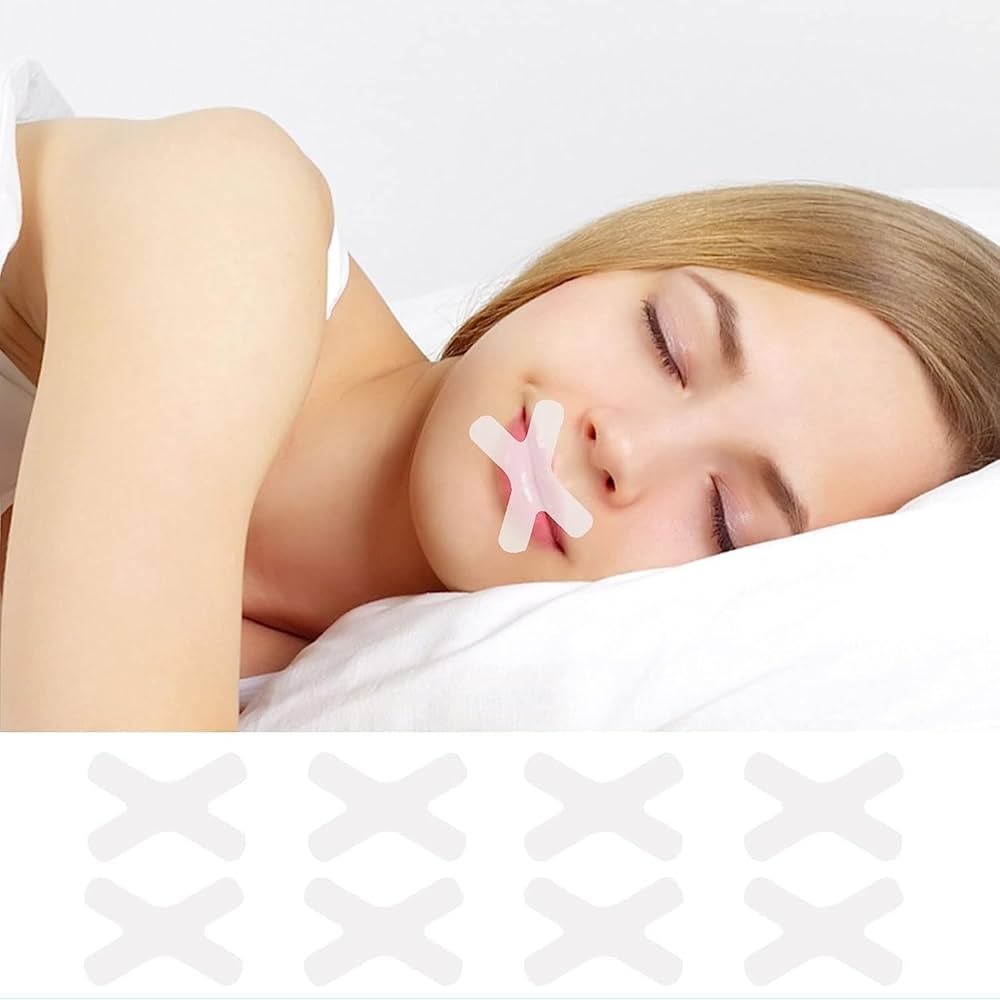Getting restful sleep is crucial for health, but for many, breathing issues at night can prevent them from achieving the deep, rejuvenating rest they need. From conditions like asthma to nasal congestion, there are various factors that can interfere with breathing. Fortunately, there are several approaches that can help to improve breathing during the night, leading to better sleep quality and overall health.
1. Breathing Exercises and Techniques
Techniques such as diaphragmatic breathing (deep breathing from the abdomen) and pursed-lip breathing (breathing out slowly through pursed lips) can help to relax the respiratory system, open the airways, and reduce nighttime congestion. These exercises help to train the body to breathe more efficiently and may reduce stress, which can further promote better sleep.
Practicing these exercises in the evening can help to prepare your body for rest, allowing you to breathe deeply and effortlessly as you sleep. They can be especially helpful for people with asthma, anxiety, or mild sleep apnea.
CPAP Therapy: A Lifeline for Sleep Apnea
Continuous Positive Airway Pressure (CPAP) therapy is one of the most effective treatments for sleep apnea, a condition where the airway becomes blocked during sleep, leading to pauses in breathing. The CPAP machine delivers a constant stream of air through a mask, helping to keep the airway open. This therapy has been shown to significantly improve breathing patterns, reduce snoring, and provide a better night’s sleep for those suffering from obstructive sleep apnea. Shop CPAP Masks at CPAP Superstore to find a variety of options suited to your needs. Regular use can also reduce the risks associated with untreated sleep apnea, such as heart disease and strokes.
2. Allergy-Proofing the Bedroom
Allergic reactions to dust, pet dander, or mold can worsen breathing difficulties during sleep. If you haven’t already, allergy-proofing your bedroom can help to reduce allergens and create a more breathable environment. Consider using dust mite-proof bedding, which helps to keep the allergens that accumulate in pillows and mattresses from interfering with your sleep.
Regularly washing your sheets, using air purifiers with HEPA filters, and keeping windows closed during pollen-heavy seasons can also drastically improve air quality in the bedroom. Even simple changes like removing carpets and rugs that collect dust can significantly reduce allergens and improve your breathing while you sleep.
3. Addressing Environmental Triggers with Essential Oils
Essential oils are increasingly recognized for their ability to support healthy breathing. Oils such as eucalyptus, peppermint, and lavender have natural properties that can clear the airways, reduce inflammation, and promote relaxation.
While essential oils won’t cure chronic respiratory conditions, they can provide temporary relief from congestion, and some oils, like eucalyptus, are known for their decongestant properties. Just be sure to choose oils that are safe for you, especially if you have asthma or other sensitivities.
4. Sleep Hygiene and Consistent Routine
Your sleep hygiene—practices like avoiding screens before bed, maintaining a cool room temperature, and limiting caffeine—can help your body to prepare for rest. A consistent sleep schedule, where you go to bed and wake up at the same time every day, can improve your overall sleep quality.
For those dealing with breathing issues, sleep hygiene is even more important. The better your sleep hygiene, the more your body can relax and enter restorative sleep, which can help reduce nighttime breathing problems. Having a calm, restful environment can also reduce stress and ensure that your airways remain clear.
5. Exploring Oral Appliances
For some, breathing difficulties during sleep may be linked to issues such as jaw alignment or teeth grinding. Oral appliances, which are devices worn in the mouth, can help to address these concerns. A mandibular advancement device (MAD), for example, gently repositions the lower jaw to keep the airway open, helping to reduce snoring and improve breathing.
These devices are commonly prescribed for people with mild to moderate obstructive sleep apnea, but they can also be beneficial for people who suffer from bruxism (teeth grinding) or jaw tension that impacts breathing during sleep. Your dentist or a sleep specialist can help to determine whether an oral appliance is right for you.
6. Practicing Relaxation Techniques Before Bed
Stress and anxiety can exacerbate breathing issues, especially during sleep. By incorporating relaxation techniques like progressive muscle relaxation (PMR), meditation, or mindfulness, you can reduce the mental and physical tension that constricts the airway. Relaxation before bed can also lower cortisol levels, which might otherwise cause your airways to narrow and disrupt your breathing.
Even something as simple as a warm bath or light stretching before bed can help to prepare your body for rest. Reducing overall stress levels can improve not only your breathing but also the overall quality of your sleep.
7. Weight Management and Breathing Health
Excess weight, particularly around the neck and chest, can lead to restricted airflow and exacerbate conditions like sleep apnea and asthma. Regular exercise can help with weight management, but it also strengthens the lungs and heart, making breathing easier.
Conclusion
Improving nighttime breathing is an essential part of getting quality sleep and supporting overall health. Whether through breathing exercises, allergy-proofing your bedroom, incorporating essential oils, or focusing on relaxation, there are numerous ways to enhance your nighttime breathing. With the right strategies in place, you can enjoy better sleep and breathe easier every night.


